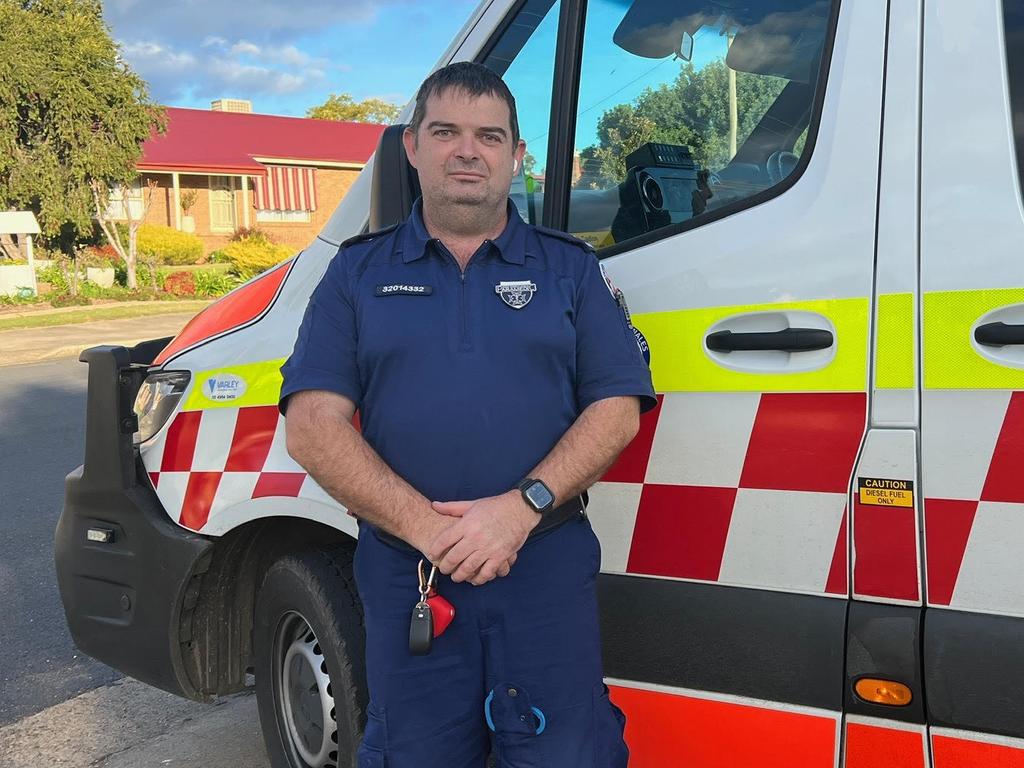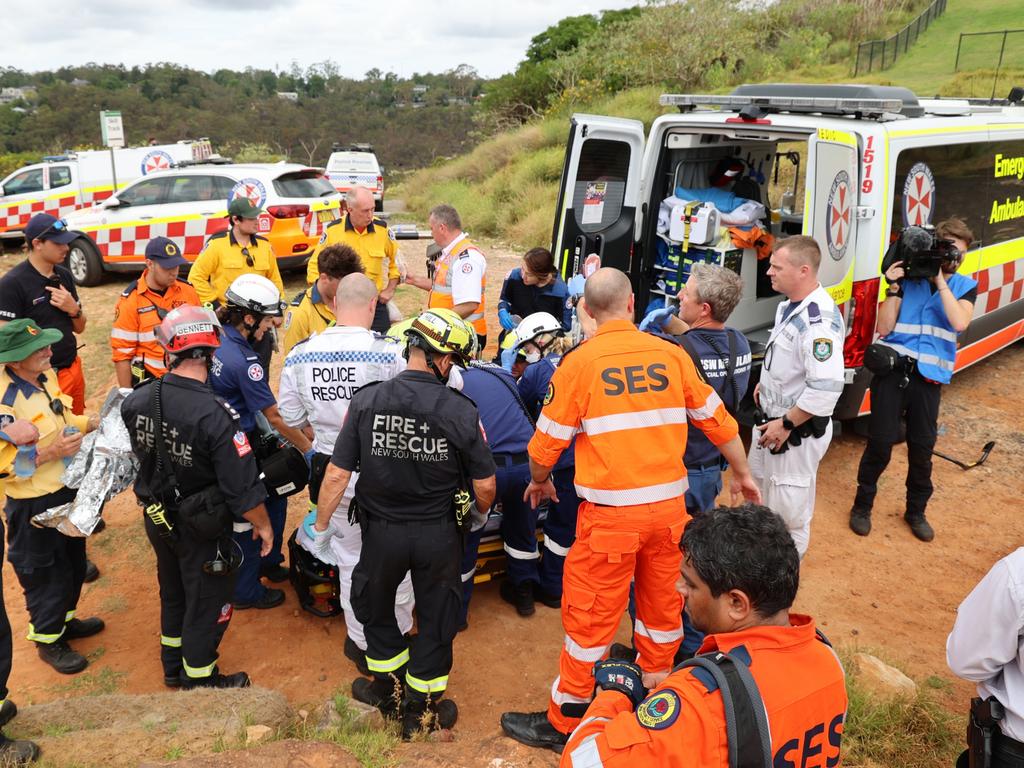Paramedic fears he will not reach new retirement age, saying workers will ‘break’ before 67
An Aussie paramedic does not think he will make it to the new, higher pension age before he “breaks”, and he says he is not alone.

At 51 years old, paramedic Gary Wilson does not think he will be able to serve his community until retirement.
After 21 years of service, he fears the “physical and mental stress” of the job will force him to make a “heartbreaking” decision to leave the career he loves before he is eligible for a pension.
And he says he is not alone.

“It’s more and more unusual for paramedics to reach retirement, because it’s getting harder and harder,” Mr Wilson, a delegate of the Australian Paramedics Association (APA), told news.com.au.
“Most paramedics are leaving the career well before retirement age, and increasing the retirement age is forcing more and more of us to make really tough choices.”
From July 1 this year, the pension eligibility age for Australians born after 1956 rose to 67 years of age, sparking outrage across a number of industry groups.
Among the most vocal were tradies, who have raised concerns for some time over the incrementally rising “retirement age”, and opposed researchers warnings that the age may rise to 70 by 2050.
Tradespeople who have spoken to the media said the latest July 1 increase reignited concerns they will be stuck in backbreaking jobs longer than their bodies can handle.
Mr Wilson said paramedics hold similar fears – but they are not sticking around to suffer.
“It’s a hard job, physically and mentally,” he said
“In NSW, as a 60-something-year-old paramedic you’re expected to do the same job as a 20-something-year-old paramedic with years of trauma and stress under your belt.”

The risks associated with working as a first responder are well-documented, with paramedicine considered the riskiest of all careers.
A 2014 study found paramedics had the highest injury and fatality rate of all Australian workers, with the risk of serious injury seven times higher than the national average.
They are more than twice as likely to be injured on the job as police officers, and are also at an increased risk of assault.
This year, NSW residents were shocked by the death of young paramedic Steven Tougher who was allegedly fatally stabbed while on a meal break in southwestern Sydney.

Data compiled by Safe Work Australia has found of almost two million health care workers in the country, there were 21,395 workplace compensation claims made in the 2019-2020 financial year – the most of any industry.
Almost half of those were for “traumatic” injuries (49.8 per cent) and “tissue diseases” (20.3 per cent) and predominantly caused by “body stressing” (61.3 per cent of claims).
More recently, attention has turned to the mental health conditions of first responders who are, by definition, the first to be confronted with traumatic incidents.
Government research has found emergency services personnel – including police, firefighters, and paramedics – were diagnosed with PTSD at double the rate of the general public.

Mr Wilson said the issue with raising the retirement age was not that the paramedic workforce would get older, but that it would lose valuable experience and knowledge from seasoned paramedics who “break” and refuse to “stick around”.
It was, he added, “more and more unusual for paramedics to have a lifelong career”.
“There are some that make it to retirement, but they are few and far between. The vast majority leave the job before retirement,” he said.
“I would suggest the majority of paramedics joining now won’t serve more than 10 years in the job.”

Even for Mr Wilson, after 21 years on the job, the 51-year-old has at least another 15 years to get to the new retirement age – which he cannot picture lasting through.
“I love the work that I do, and I love the community that I serve but I don’t know that I will be able to serve them until I retire because of the physical and mental stress of the job … which is heartbreaking,” he said.
“It means I’ve got to leave a job that I love to look for something else. And the problem with that is we all know how hard it is for people to find work when they’re in that pre-retirement phase …
“So we (paramedics) spend decades serving the community and being broken by our employer and then we’re virtually thrown to the scrap heap and replaced with someone else.”
Do you think you will make it to the higher “pension age”? Continue the conversation – georgina.noack@news.com.au





